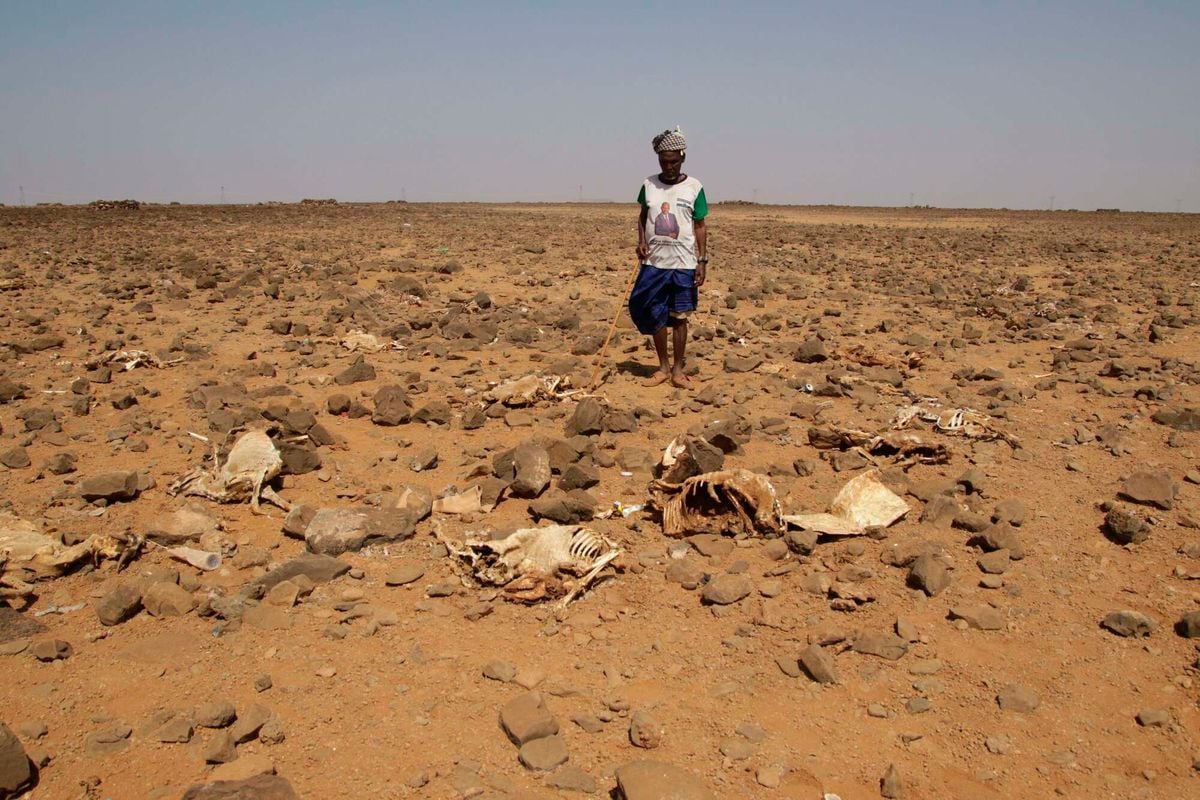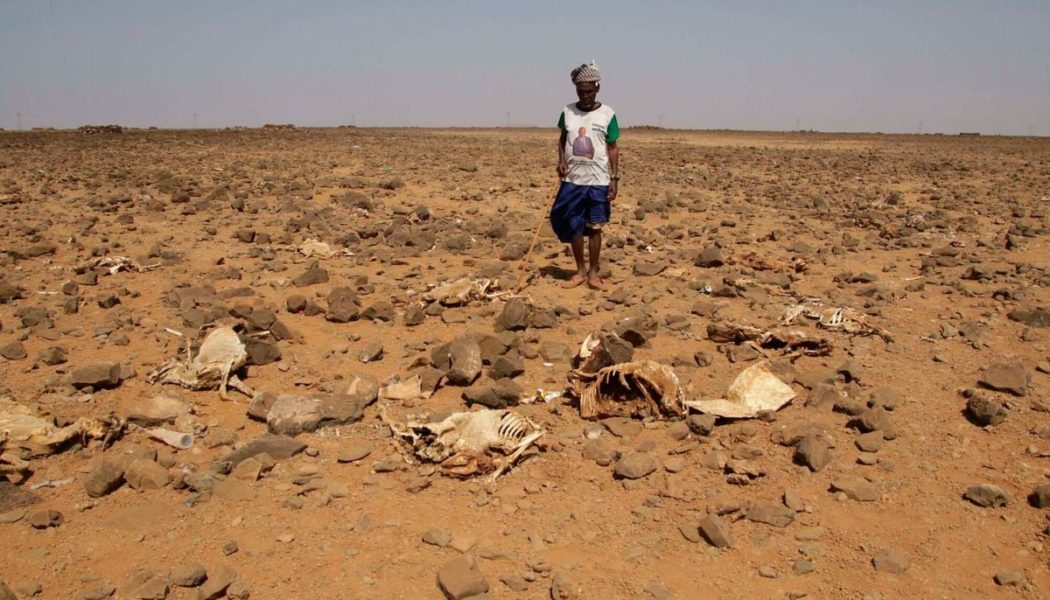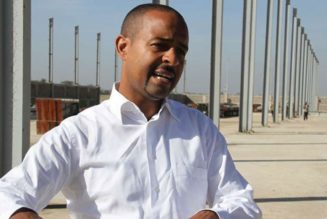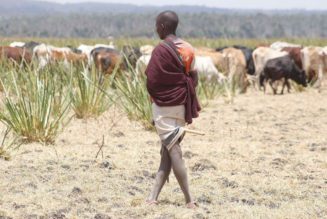
A recent visit recently to Turkana region, was a reminder on how Africa bears the heaviest burden from climate change as compared to other continents.
A recent publication by the World Meteorological Organisation on the State of the Climate in Africa affirms that by 2030, if adequate measures are not put in place, up to 118 million poor people will be exposed to drought, floods, and extreme heat in Africa.
And on average, many African countries lose more than 2.5 percent of their (Gross Domestic Product (GDP) annually to disasters orchestrated by climate change.
Meanwhile, many divert more than nine percent of their budgets to respond to related emergencies.
For instance, Kenya has faced severe and recurring climate change-related impacts over the past years, including prolonged droughts, desert locust invasions, floods, and health crises.
In 2020-2023, the country experienced the worst drought episode in four decades, when five rain seasons failed consecutively. This has been confirmed by a recent report in May 2024, on floods which left several people dead and hundreds of others displaced.
The worst hit by these disasters are the communities that live within the Arid and Semi-Arid regions. And year after year, they have experienced massive destruction of their livelihoods, pushing them further into poverty.
According to a recent Intergovernmental Panel for Climate Change (IPCC) report, several African countries, like Kenya, are the lowest contributors to greenhouse gas emissions causing climate change, yet they experience the worst impacts.
These impacts have led to a reduction in agricultural productivity by 34 percent since 1961, a widespread reduction of biodiversity, and extreme rainfall variability leading to food insecurity, migration, reduced economic growth, and loss of livelihoods amounting to billions of dollars.
However, this problem is now being addressed by the Government of Kenya, through the National Drought Management Authority (NDMA), with the support from the United States Agency for International Development (Usaid) in partnership with the Strathmore University on Kenya Shock Responsive Safety Net System (KSRSNS).
This initiative is an inclusive strategy that brings together all the key players private, public, development partners, and other non-State actors to provide timely and effective support to households and communities affected by these climate-related disasters. And it is also taking bold steps to address these challenges by developing a KKSRSNS to cushion communities when disasters occur.
Therefore, there is an urgent need to develop and implement strategies to ensure that lives and livelihoods are preserved and that the Arid and Semi-Arid regions are exploited as critical drivers of the Kenyan economy.
Besides this, the efforts of stakeholders in creating a long-term strategy such as the KSRSNS will go a long way in ensuring communities thrive amidst climate change threats.
Once developed, the system will be housed within NDMA, leveraging its existing institutional frameworks, such as the National Drought Emergency Fund and the Kenya Drought Early Warning System.
It will also complement existing social protection programmes to ensure resources reach those most in need during emergencies.
Looking ahead, the KSRSNS is expected to improve disaster forecasting and ensure proper coordination among all stakeholders, resulting in a better response to emergencies.
As climate change continues to cause havoc and threaten humanity, there is a need for urgent and long-term solutions.
This is because the Kenya will continue to face climate change and other shocks. And the KSRSNS represents a significant step forward in addressing the country’s disasters.
Dr George Njenga is the Chief of Party, Usaid Strategic Partnership Programme and former Executive Director, Strathmore University Business School









